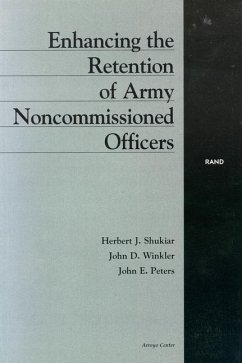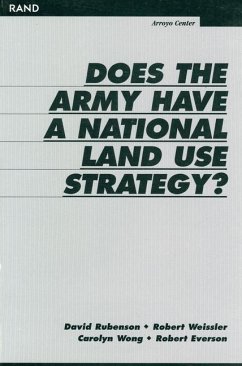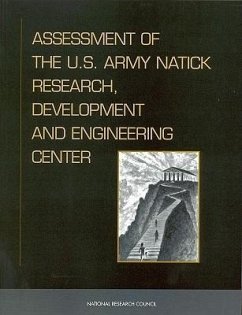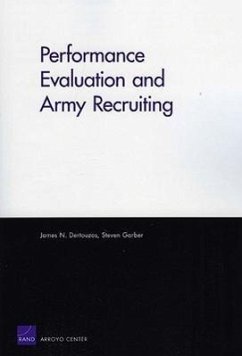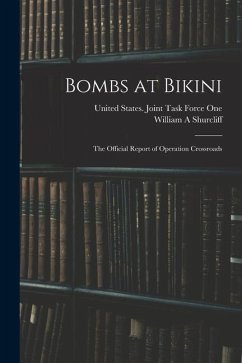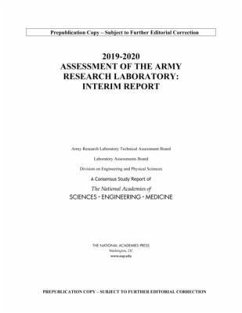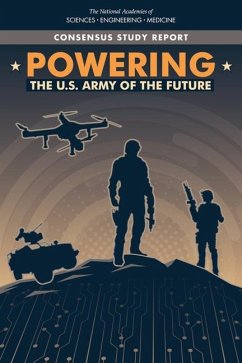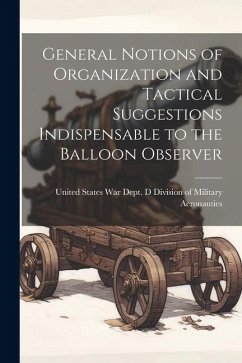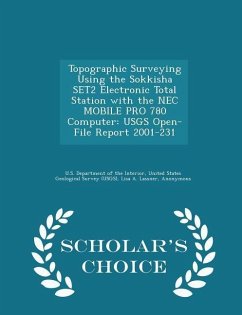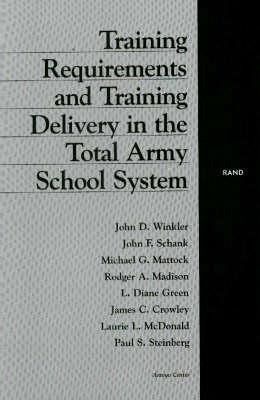
Training Requirements and Training Delivery in the Total Army School System
Versandkostenfrei!
Versandfertig in über 4 Wochen
15,99 €
inkl. MwSt.

PAYBACK Punkte
8 °P sammeln!
This report analyzes the Reserve Components school system's ability to meet training requirements for noncommissioned officers (NCOs) and for soldiers who are not duty-MOS qualified (DMOSQ), focusing on a prototype reorganized school system in its baseline and execution years (fiscal years 1994 and 1995) and comparing it to the system as a whole. In terms of training NCOs, requirements are large but decreasing and capacity is better able to meet demand; however, utilization of that capacity is inefficient and growing worse, leading to a slight decline in graduates. In terms of DMOSQ training, ...
This report analyzes the Reserve Components school system's ability to meet training requirements for noncommissioned officers (NCOs) and for soldiers who are not duty-MOS qualified (DMOSQ), focusing on a prototype reorganized school system in its baseline and execution years (fiscal years 1994 and 1995) and comparing it to the system as a whole. In terms of training NCOs, requirements are large but decreasing and capacity is better able to meet demand; however, utilization of that capacity is inefficient and growing worse, leading to a slight decline in graduates. In terms of DMOSQ training, requirements are decreasing, capacity is increasing, and utilization is improved but still problematic, leading to an increase in graduates. The prototype compares favorably to the system as a whole in both of these areas. The report recommends increased management oversight and new policies to improve the utilization of training capacity throughout the school



